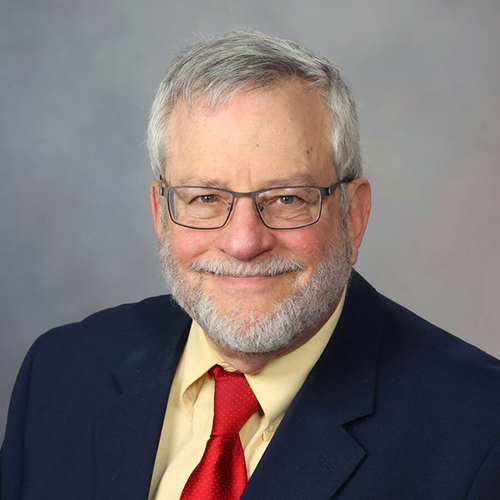 Dr. Mark Liebow, MD, MPH
Dr. Mark Liebow, MD, MPH
Dr. Liebow spent 40 years caring for patients as an internal medicine specialist.
“Taking care of patients on Medicaid was integral to my practice. Most of the people I saw on an ongoing basis had complex chronic medial problems. Having that is a good way to run out of money fast, whether it’s because you have all the copays and deductibles to pay for visits, tests, and medications or because you may not be able to work due to your illnesses.
“There are many ways being on Medicaid helped my patients. For those who didn’t have a lot of money and were too old or frail or disabled to live independently, Medicaid meant they had a place to live, sometimes in their own home with support and sometimes in a nursing home or group home. Medicare, as helpful s it can be in paying for inpatient care, surgeries and tests, doesn’t pay for unskilled care or living expenses in the long term. For low-income seniors who still live on their own, Medicaid often supplemented Medicare to pay for the deductibles, copays, and drugs costs Medicare doesn’t cover. That meant my senior patients didn’t have to choose between paying their medical bills or paying rent and food bills.
“For younger patients, Medicaid meant that they didn’t have to be in crisis to visit the doctor. When the Medicaid expansion authorized under the Affordable Care Act started in Minnesota, a surprising number of my middle-aged patients started coming to all the appointments I arranged for them, stopped saying no to the tests I ordered, and began to fill their prescriptions regularly. Not surprisingly, the health problems I had had little success managing when they were uninsured, got better. They felt better and missed fewer days of work because of illness. Often they were happier people.
“When I was taking care of hospital inpatients, people with new serious illnesses or injuries who didn’t have health insurance would sometimes get Medicaid coverage while in the hospital, so the hospital and clinicians caring for them would get paid for the care they provided and the patients wouldn’t go bankrupt from the illness or injury. It saddened me at times to see patients, who probably would have qualified for Medicaid but didn’t apply, with symptoms that they didn’t seek care for originally progress until they ended up in the ER. Our workup often revealed something life-threatening or fatal that could have been treated effectively if caught early. Even then, Medicaid coverage, though too late to save their life, helped them in the final states of their illnesses.”

